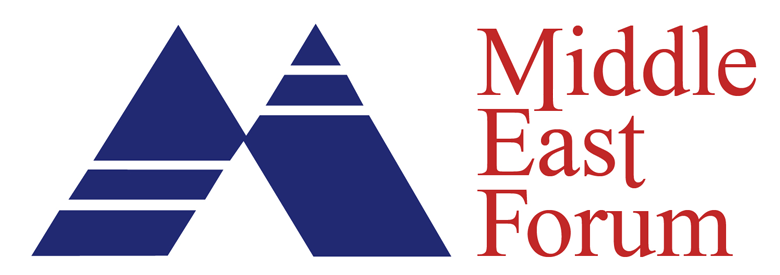Apartheid Monitor
Directed by Efraim Karsh, the central purpose of Apartheid Monitor is to research, document, and combat the systemic discrimination against minorities - the foremost obstacle to the emergence of civil society and stable government in the Middle East.
The Problem
Apartheid - the denial of civil and political rights on the basis of race, ethnicity, religion, or gender - has been an integral part of the Middle East for over a millennium, and its states continue to legally, politically and socially enforce this discriminatory practice against their hapless minorities:
Religious intolerance: Muslims historically viewed themselves as distinct from, and superior to, all others living under Muslim rule, known as dhimmis. They have been loath to give up this privileged status in modern times. Christians, Jews and others remain second-class citizens throughout the Arab/Muslim world, and even non-ruling Muslim factions have been oppressed by their dominant co-religionists (e.g. Shiites in Saudi Arabia, Sunnis in Syria and Iran).
Ethnic apartheid: As long time imperial masters, Arabs, Turks and Iranians continue to treat long-converted populations, notably Kurds and Berbers, that retained their language, culture and social customs, as inferior.
Racism: The Middle East has become the foremost purveyor of anti-Semitic incitement in the world with Jews depicted as the source of all evil. Likewise, Africans of sub-Saharan descent are held in deep contempt, a vestige of the region's historic role as epicenter of the international slave trade.
Gender apartheid: Legal and social discrimination against women is pervasive throughout the Arab-Islamic world, accounting for rampant violence (for example domestic violence or spousal rape are not criminalized) and scores of executions every year, both legal and extra-judicial (i.e. honor killings). Discrimination against homosexuals is even worse.
Citizenship apartheid: The withholding of citizenship and attendant rights from a large segment of the native-born population is common. Palestinian communities in the Arab states offer the starkest example of this discrimination (in Lebanon, for example, they cannot own property, be employed in many professions, move freely, etc.). The Bidun (stateless peoples) in the Gulf states, and hundreds of thousands of Kurds in Syria have been subjected to similar discrimination.
Labor inequality: Mistreatment of foreign workers (especially household servants), ranging from sexual abuse to virtual imprisonment and outright murder, is widely tolerated throughout the Middle East, especially in oil-exporting countries that host large expatriate labor forces.
Slavery: The Arabic-speaking countries remain the world's foremost refuge of slavery, from child and sex trafficking in Saudi Arabia and the Gulf states to actual chattel slavery in Sudan and Mauritania. Indeed, Islamists throughout the Middle East have had no qualms advocating the legalization of slavery.
Political Oppression: Many Middle Eastern regimes are little more than elaborate repressive systems aimed at perpetuating apartheid-style domination by a small minority: Alawites in Syria; Tikritis in Saddam's Iraq; the Saudi royal family; the Hashemite dynasty in Jordan.
The Solution
Apartheid Monitor exposes these discriminatory practices so as to pressure Arab/Muslim regimes to abide by universally accepted principles of decency and accountability. Specifically, the project will:
- Expose in detail the present conditions of oppressed minorities in the Middle East through research and public events, in collaboration with allied organizations.
- Explain why political, legal, and educational reforms are necessary for democratic development and regional security.
- Bring these findings to the attention of political and media circles through a website, op-ed pieces and media appearances, in-depth studies and books, regular mailings to politicians and public opinion shapers, and lobbying of policymakers and international organizations.
